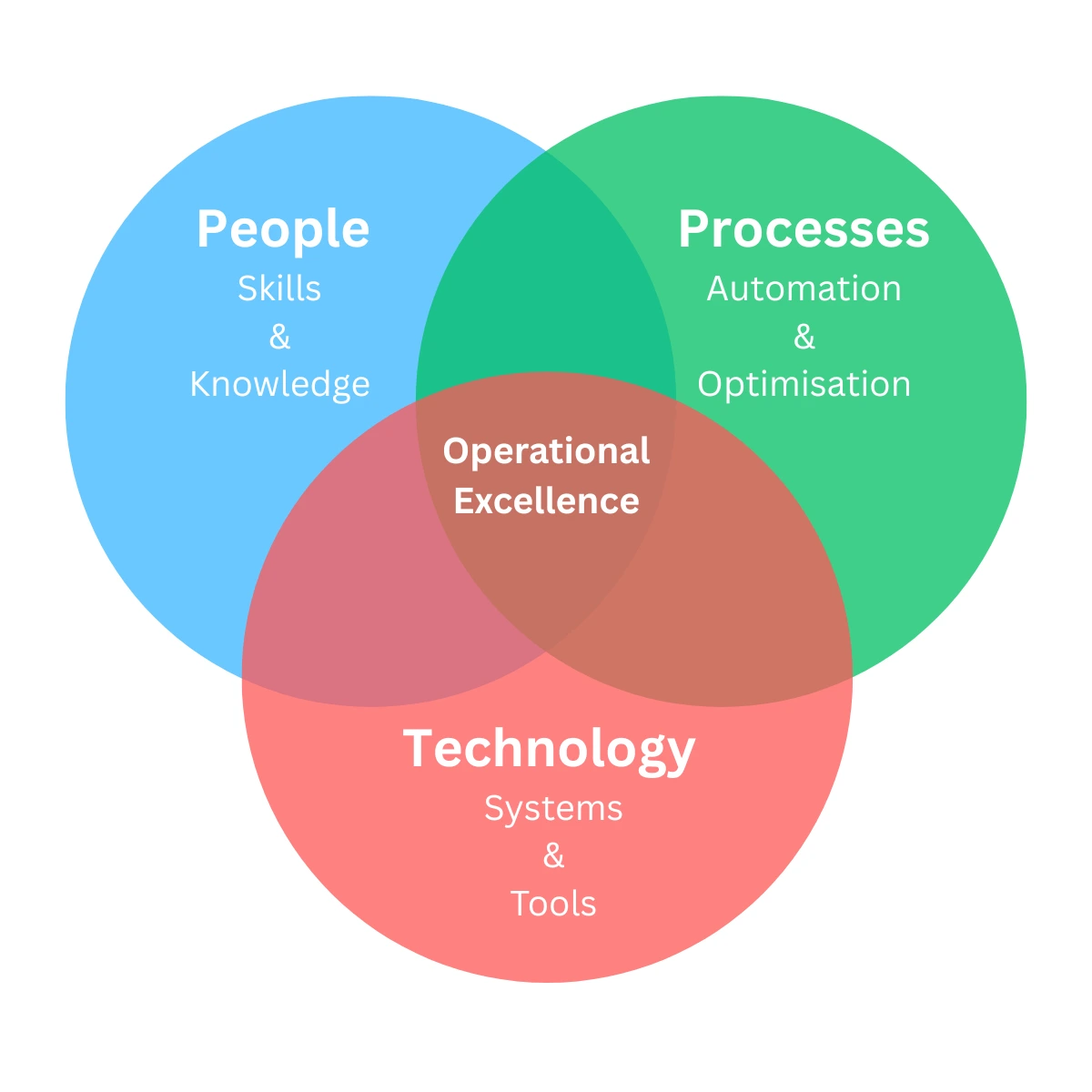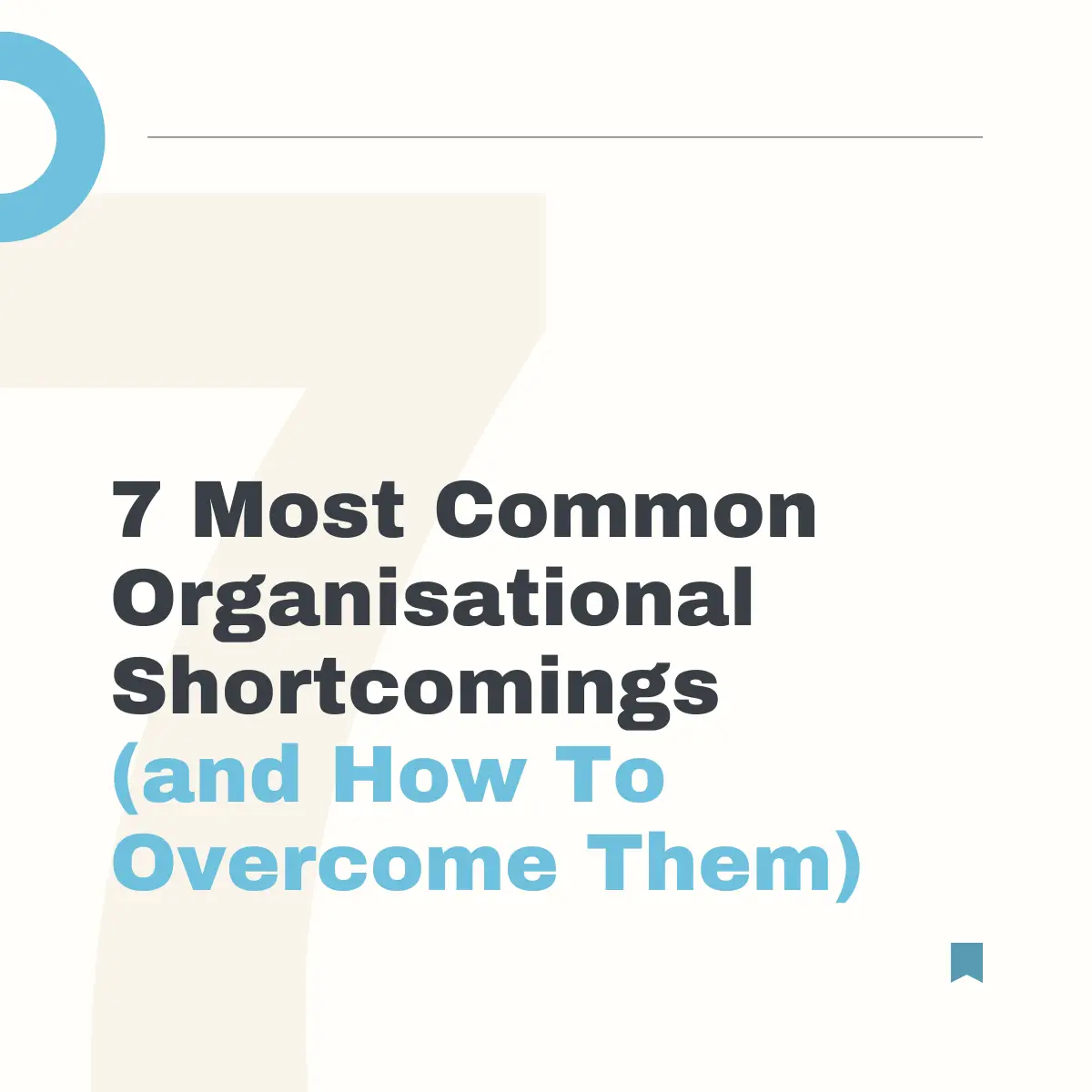5 Practical Tips for Achieving Operational Excellence
Author:
Alp Erguney
Updated:
September 26, 2025

Operational excellence is not a buzzword. It is the discipline of running a business so well that efficiency, quality and adaptability become the norm, not the exception. It is not about flashy frameworks or posters on the wall. It is about making deliberate choices that eliminate waste, improve flow and align your teams with outcomes that matter.
Here are five practical tips you can put into action right away.
1. Map Value, Not Activities
Many organisations obsess over documenting processes in detail. The problem? Activity maps rarely show where value is created or lost. Instead, use value stream mapping to understand how value moves from customer request to delivery. When you see the end-to-end flow, bottlenecks and unnecessary handoffs become obvious. This is where real business process improvement begins.
2. Tackle Muda, Mura and Muri Together
Operational inefficiency does not come from waste (muda) alone. Unevenness (mura) and overburden (muri) quietly erode performance. For example, a team swamped one week and idle the next is not efficient. True continuous improvement means balancing flow, workload and capacity so you are not just optimising one part of the system while breaking another.
3. Simplify Decision-Making
Decision latency is one of the biggest killers of flow. If every small decision escalates up a hierarchy, delays pile up. Push authority to where the information lives, usually closer to the teams. Clear guardrails help, but micromanagement kills momentum. Faster decisions mean faster value delivery and stronger organisational performance.
4. Invest in Capabilities, Not Heroics
Throwing more resources at problems rarely improves operational efficiency. In fact, it often creates dependency bottlenecks. High-performing organisations build capabilities into teams: analytical thinking, cross-functional skills and technical excellence. The goal is resilience, so that progress does not depend on a handful of firefighting heroes.
5. Measure What Drives Outcomes
Too many dashboards are vanity projects. Metrics such as utilisation or the number of meetings held do not improve customer outcomes. Instead, measure what matters: flow efficiency, lead time and customer satisfaction. If a metric does not drive decisions, it is noise. Align your measures with the outcomes your organisation exists to deliver.
Final Thoughts
Operational excellence is not about adding more layers of control. It is about creating the right conditions for teams to deliver value consistently. With clarity, balance and simplicity, organisations can achieve sustainable growth and stay ahead in competitive markets.
If your organisation is looking to improve operational efficiency and unlock better outcomes, start by applying these five tips. Small changes in flow, decision-making and measurement can deliver significant results over time.



